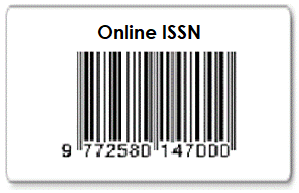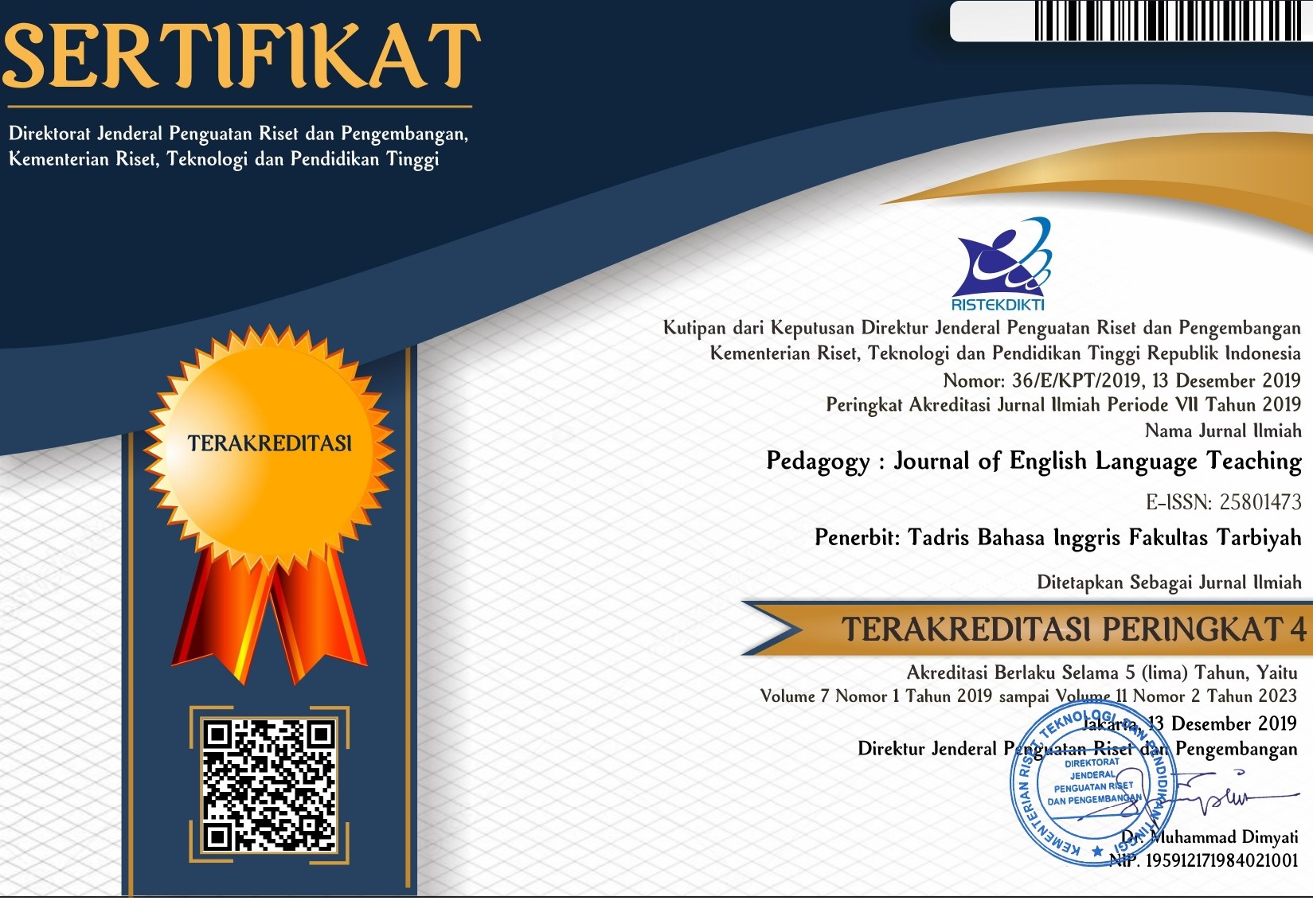The Relationship Between Vocabulary Mastery and Reading Comprehension: An Assessment Prespective
Keywords:
Reading Comprehension, Vocabulary MasteryAbstract
In reading comprehension has some factors that influence the skill. One of the factors is vocabulary mastery. The objective of this research is to know whether there is any correlation between vocabulary mastery and reading comprehension and the degree of correlation. The total of the participants of this research was 30 students in VII A of the seventh grade students of SMPN 7 Metro. Cluster random sampling technique was used to get the sample. A correlatinal analysis was employed to know the relationship between scores in the reading comprehension and vocabulary mastery test. Based on the research calculation by using correlation product moment, it was obtained that is 0,462, and is 0,367 in significant 5% and 0,470 in significant 1%. The average of vocabulary mastery was 61,6. The finding also indicate that the students’ achievement in the vocabulary was poor. The average score of reading comprehension was 62,4. It means that the students’ achivement in the reading comprehension was fair. Therefore, the findings provide that there was a positive correlation between vocabuary mastery and reading comprehension of the seventh grade students of SMP N 7 Metro.















